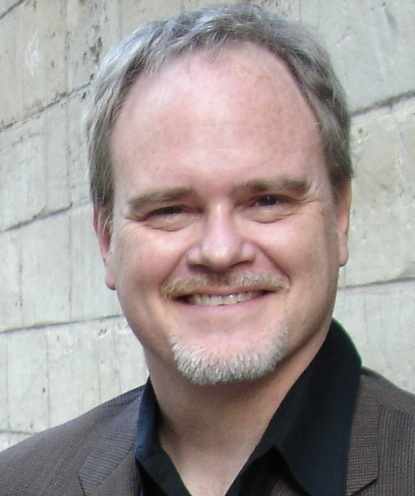
Rafael Rodriguez, director of Focused Management in Colombia, is a sharp management consultant and a leader in the country on organizational development and CRM. He also lectures and does executive training, which is how I met him several years ago, when he and I were doing that in Shanghai together. I had the great privilege of sitting in on a half-day session he did on CRM and the balanced scorecard.
In fact, it was Rafael's talk that got me thinking about the long list of management frameworks that have been paraded out by gurus, consultants and academics. Which really work? (Check out the book "What Really Works," one of the best responses to the question, and a solid methodology that I prefer over many other more famous ones.) My own pursuit of the answer has focused on redefining the question like this:
What Really Works = What Activities Generate Results that Consistently Attract and Retain Profitable Relationships with People and Businesses?
Notice that the results of these activities are not necessarily products or services. The only operant attribute of the whole business of doing good business lies in the nature of processes. I can hear many finance folks out there saying that shareholder value can be achieved through things like currency swaps and futures trading and so on. While the wealth is real, and I don't begrudge my rich friends in financial markets their moolah, gotta say, not interested. I'm interested more in the human side. What can we do to attract and retain customers?
Zaltman's ZMET method provides a clue. In "How Customers Think", he nails it when he says that CRM strategies need to figure out how to get people to remember your company, and to tell stories about it -- and hopefully great stories. So, these strategies should focus on what creates positive memories.
If that sounds like soft, social science stuff, be warned: The best experience management strategies involve some of the most advanced mathematics available. And they require some of the most advanced approaches to HR training, innovative qualitative intake, and ultra-disciplined operational measurement and improvement.
In any event, Rafael Rodriguez, my friend and colleague in Bogota, was a key inspiration for getting me to reassess the merits of many common management frameworks.
Rafael, along with conference organizer Practica, has put together a great roster of speakers and trainers for their upcoming summit on CRM and customer experience management, and I was thrilled to be asked to be part of it. (Here's a link to the online promotional page for the conference.)
The great news is that several of my TRIUM global executive MBA colleagues are in Bogota. One of them, Alfredo, is on the TRIUM Alumni Steering Committee (TASC) with me, and as the date approached for my visit, he and another TRIUM colleague, Leopoldo ("Polo") have worked to set up a cocktail party at the famed, swanky Gun Club for TRIUM alumni, as well as for alumni of TRIUM's sister schools, the London School of Economics, the Hautes Etudes Commerciales, and NYU-Stern. These three schools put together TRIUM, and have found the accredited degree program to be a big hit (we were ranked the #2 global executive MBA program last year by the Financial Times, boast, boast). My hat is off especially to Polo, who has worked especially diligently with the alumni contacts for the three sister schools. I am looking forward to a great cocktail party, and to meeting some of the top business leaders on Colombia.
Rafael, gentleman that he is, also has agreed to be one of the sponsors, a fantastic gesture.
So, today, I'm cleaning and packing, rehearsing my custom presentation I did just for Rafael (on my model of the Five Forces of Customer Experience Management), and -- best of all -- waiting in anticipation of Angela's special dinner for me. Tonight, it's coq au vin. She has a great technique for this dish, and it's one of my favorites. (If you want to see her cooking in action, you MUST check out her food blog here.)
I think my next blog posting will be pursuant to a request I heard from my Dubai CEM delegates, on cross-cultural issues in CRM. I've got a lot of stuff to say on that. And it sounds like the problem of "global CRM" that shapes this blog is truly a management challenge, everywhere I go. That's good for me! :) Luckily, there are indeed some best practices, a lot of research, and plenty of failures for managers to study carefully. Or else!



No comments:
Post a Comment